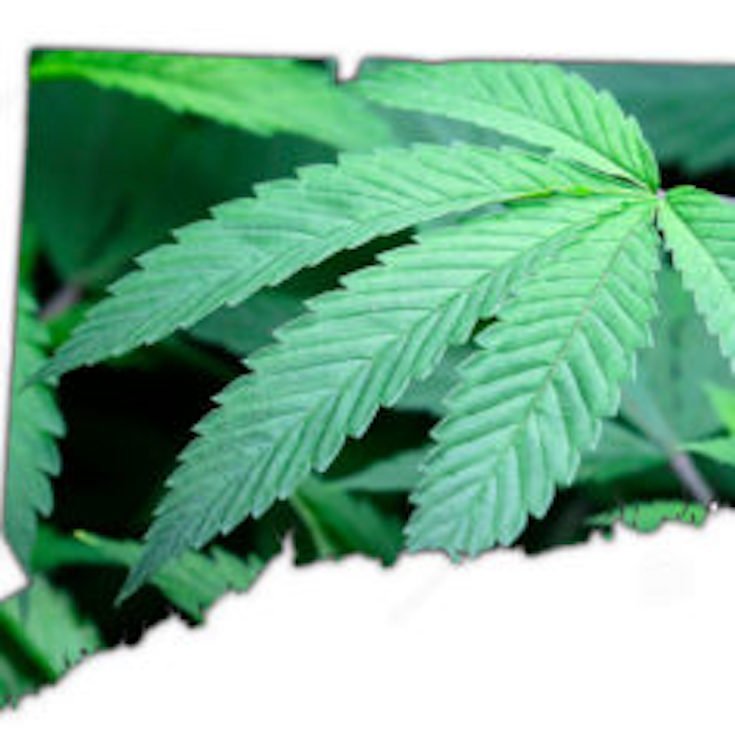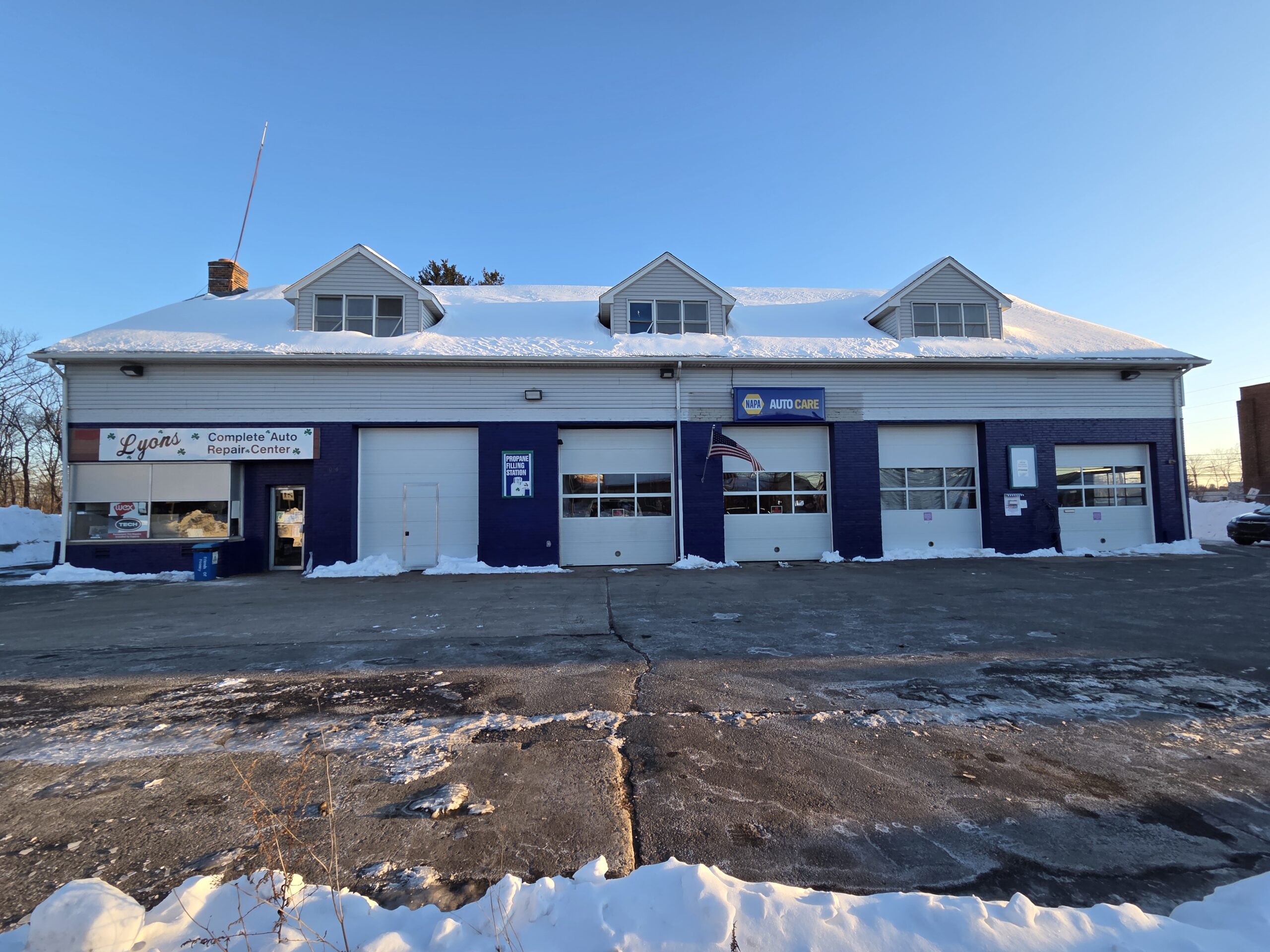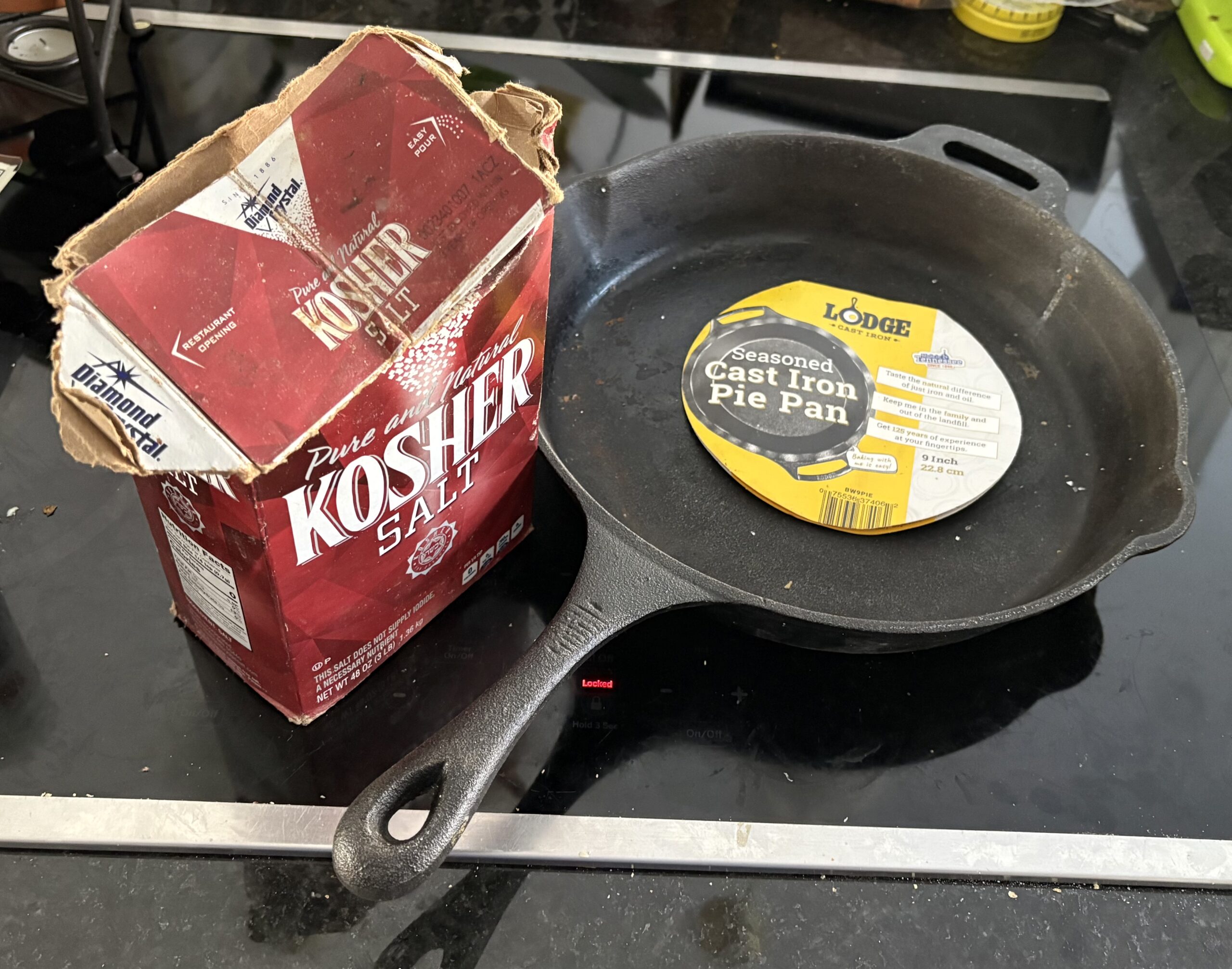Leaders Offer Blueprint for Legal Pot Sales in Connecticut

Audio By Carbonatix

Courtesy of CTMirror.org
Three different bills related to legalizing recreational marijuana are under consideration.
By Keith M. Phaneuf, CTMirror.org
Top lawmakers outlined a marijuana legalization blueprint Thursday that includes erasure of certain criminal records, a tax of roughly 20 percent, and “equity” incentives for communities where large numbers of pot-related arrests have occurred.
Leaders of the General Law, Judiciary and Finance, Revenue and Bonding Committees also said that while they would discuss incentives to encourage marijuana retail outlets in all regions of the state, they would not propose any mandates that would override local zoning restrictions.
“It is the first draft in a complicated and complex process,” Rep. Mike D’Agostino, D-Hamden, co-chair of general law, said of the initial wave of marijuana-related bills being released this week or soon thereafter. “It’s a long way to June. We expect these bills to evolve.”
D’Agostino and other committee leaders said initial plans call for numerous marijuana-related bills to advance simultaneously, each dealing with different components of the legalization and taxation process.
Three measures are being raised in the Judiciary Committee. These bills would legalize possession of less than 1.5 ounces of pot by those age 21 and older and allow for erasure of criminal records for those previously convicted of possession of this level of the drug.
They also would create a new offense of driving under the influence of marijuana for those who are smoking or ingesting while driving, or for passengers who might be smoking pot inside a vehicle under operation. The measure would allow for training of Connecticut law enforcement personnel by drug recognition experts.
A final component of the bills raised in judiciary would make clear employers don’t have to make special accommodations for those who show up at work impaired by or under the influence of cannabis, said Rep. Steve Stafstrom, D-Bridgeport.
D’Agostino said bills being raised Thursday and Friday in the General Law Committee would establish a licensing process for marijuana growers, manufacturers, and retailers.
The process would allow for dual licenses for growers and those who manufacture the various products to be smoked – and possibly some that could be ingested.
But D’Agostino said retailers would not be granted licenses to perform other functions. There also would be strict requirements for child-proof packaging and a ban on any products – such as marijuana-laced gummies – that could be appealing to children.
Legislators still are discussing what limits to impose on the THC – or tetrahydrocannabinol – content in marijuana products. THC is the principal psychoactive component of cannabis.
D’Agostino said the legislation also would recognize “there’s been a real negative impact” on certain communities imposed over decades by the criminalization of recreational use of small amounts of marijuana.
The licensing program would include an “equity applicant” provision, creating an advantage for residents from communities that experienced numerous pot-related arrests, or for individuals subjected to arrest for an offense now being erased. Specifically it would allow “equity applicants” to apply for a cultivation, manufacturing or retail permit three months in advance of the general public.
Initial plans would prohibit individuals from growing marijuana at home, though legislators said they would study the challenges created by backyard growers.
Lawmakers also would be cautious, to start, about revenue assumptions, said Rep. Jason Rojas, D-East Hartford, co-chairman of the Finance, Revenue and Bonding Committee.
Some estimates offered by marijuana-legalization advocates are that Connecticut could raise as much as $60 million in the first fiscal year and $170 million in the second after taxation of marijuana sales for recreational use has begun.
“I think we need to be conservative,” Rojas said, adding leaders have embraced no revenue forecast yet. Legislators estimate it could take up to one year after legalization for a new contingent of growers, manufacturers and retailers to be licensed and to get their respective operations running.
In the meantime, those looking to buy marijuana legally for recreational use would be allowed to go to the existing network of retailers who sell marijuana for palliative purposes.
Though the tax rate proposal also is still under development, Rojas said legislative leaders expect it would be similar to the effective 20 percent rate imposed in neighboring Massachusetts.
The Bay State imposed a 17 percent state levy on pot – a 10.75 percent excise tax and a 6.25 percent sales tax. In addition, Massachusetts cities and towns can impose a 3 percent local surcharge.
Reprinted with permission of The Connecticut Mirror. The author can be reached at [email protected].
Like what you see here? Click here to subscribe to We-Ha’s newsletter so you’ll always be in the know about what’s happening in West Hartford!



